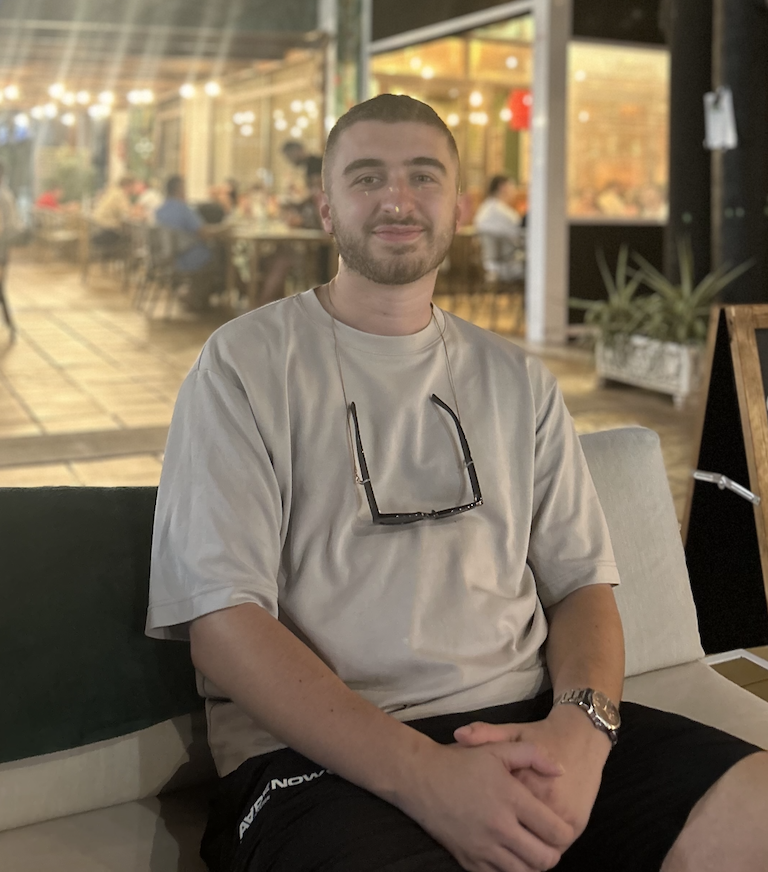Mikey Moore knows what he must start doing at Rangers as Tottenham ace shines in Europa League

Mikey Moore’s loan spell at Rangers continues to go from strength to strength as the Tottenham Hotspur youngster impressed against AS Roma.
Rangers were beaten 2-0 at home by the Italian side, but Moore had another positive display in attack in the Europa League group stage clash.
Moore has a new position at Rangers, playing as an inside forward, and the central role under the newly appointed Danny Rohl looks to have done wonders.
Rangers are starting to love Moore following what was a rather rocky start under the previous manager, and his latest display was another step in the right direction.
Tottenham will love Mikey Moore’s confidence vs AS Roma
Mikey Moore looked really impressive against Roma in the Europa League, and Tottenham Hotspur will be so pleased with his progression.
The winger caused the Italian side plenty of misses throughout the clash at Ibbrox, but Rangers failed to take any of their chances.
Crucially, the 18-year-old’s confidence looks to have taken off over recent weeks and he has been taking responsibility in games for Rohl’s team.
Versus Roma, Moore had 35 touches, completed two dribbles, made two key passes and created one big chance in the Europa group stage clash.
Tottenham had considered recalling Moore, however, they will be so pleased to see the progress he is now making under the new management at Ibrox.
Mikey Moore wants to add goals and assists to his game
The winger has admitted that he wants to start adding goals and assists to his game, having produced just two assists in 16 games.
After the game against Roma, Moore told Rangers TV: “Yeah, I think we had chances, but including myself, I need to start scoring and assisting.
“So I think we had chances that we should have taken, and we were a lot better in the second half, out of possession and in possession. So we had chances, but in the end, it wasn’t enough.”
Rangers are back in action on Sunday when they face Dundee in the Scottish Premiership, and Moore will be eager to continue his good form.



